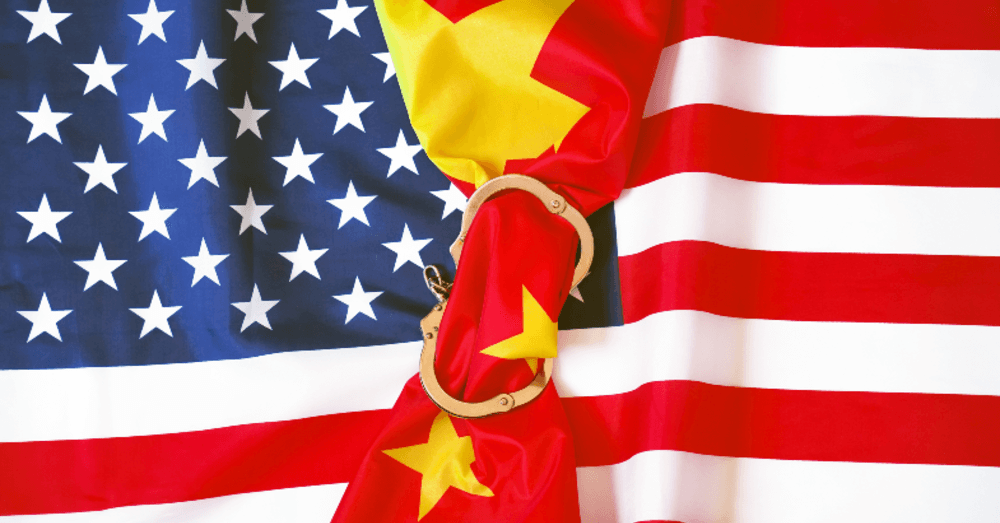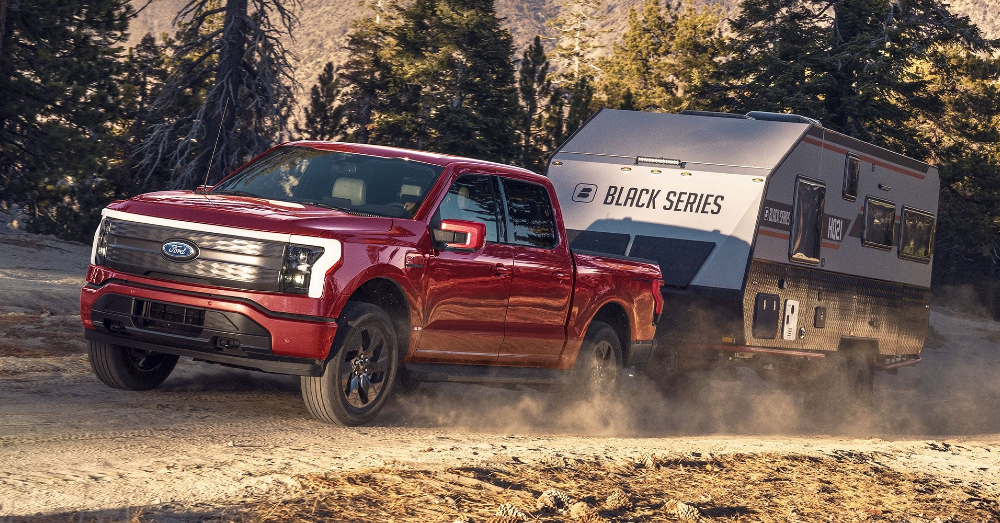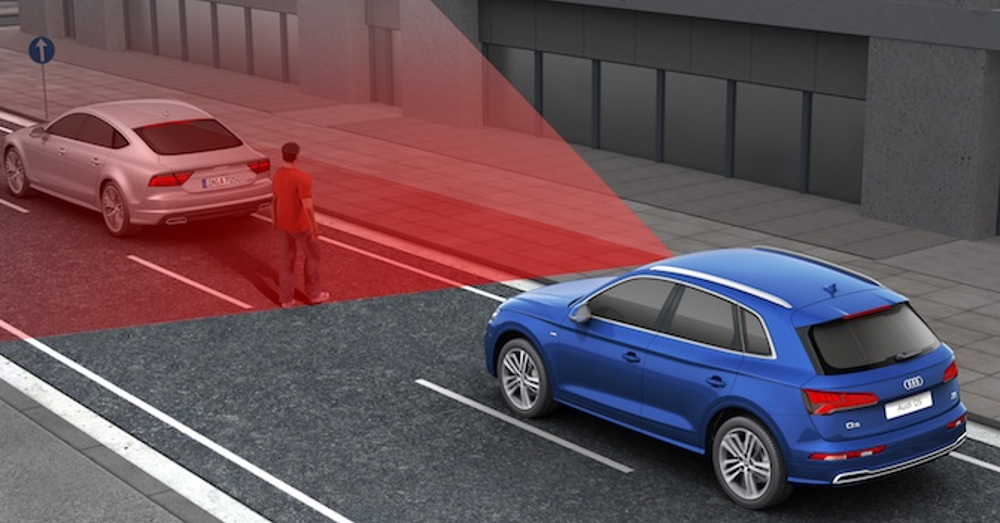
Why Carmakers Are Racing to Dump China Parts Before 2027
Tesla and GM are only two automakers facing massive supply chain issues, especially when trying to dump China. Why are they doing this?
Tesla and General Motors just told thousands of suppliers to stop using Chinese components in American-built cars. The switch started quietly during COVID but kicked into high gear this year when tariffs went wild and China started choking off rare earth exports. Now automakers are trying to unwind 30 years of supply relationships in just two years. Some parts will cost more, finding replacements is a logistical nightmare, and nobody’s sure the whole thing is even possible by 2027. But with trade wars heating up and national security hawks circling, companies don’t see much choice. Here’s what’s really driving this massive supply chain overhaul and why your next car might cost more because of it.
Increased tensions thanks to automotive tariffs and squeezed rare earth exports
China has a massive supply of rare earth metals that are required to build modern-day vehicles. The most damning aspect of cutting off China has to do with the EV battery sourcing, which was already moving away from Chinese auto parts under the Inflation Reduction Act. Thanks to the astronomical tariffs on Chinese goods, and the movement away from American agricultural products by China, tensions are high, and both Tesla and GM have implemented supplier directives that require components void of Chinese products by 2027. As you would expect, the end result is that the consumer will get hurt more than any company or country, which doesn’t seem right at all.
The trade war in manufacturing is red hot right now
When tariffs are unpredictable, companies can depend on supply chain pricing that comes without risk. The supply chain de-risking method means cutting out products from China, at least in the short term. This means Tesla and GM are cutting their China supply chain and intend to do so in the near future, by 2027. That seems like an extremely short-term solution, but these automakers expect tensions to mount further and the trade war only get worse. Instead of being caught in the crossfire, GM and Tesla would rather pay higher prices for non-Chinese products. Of course, that added cost will be passed on to the consumer, as is always the case.
An important resource with too many headaches
For more than thirty years, American companies have had excellent trade relationships with China, which has been a major source of parts and raw materials in the automotive industry. Unfortunately, the current President of the United States has caused automakers extreme headaches thanks to his on-again, off-again tariff policies and bottlenecks with supplies coming from China. It almost seems like the leader of the United States is purposely hurting companies in America to prove a point, but that point is hard to understand. Meanwhile, instead of dealing with the volatility of this relationship, GM and Tesla are looking elsewhere for their supplies and materials.
Tesla reported a drop in China-made EVs
Tesla owns and operates a Gigafactory in Shanghai, which exports some Model 3 vehicles to various countries around the world. Data from the China Passenger Car Association reports a sales decline of these Chinese-made Teslas by 9.9% for October compared to the same month last year. This flipped the script after an increase of 2.8% in September. The output of Model 3 and Model Y vehicles from the Chinese Tesla plant dropped 32.3% from September to October, showing a change in consumer desire for Chinese-made products.
Tesla and GM change the supply chain away from China
Tesla and GM both now require suppliers to exclude China-made components in anything they supply to the automakers. Tesla had already replaced some components and had worked to focus on components made outside of China. This will continue for at least the next couple of years and could impact all automakers that build vehicles in the United States.
Will your next GM or Tesla vehicle be more expensive?
Everything is more expensive than it’s ever been, but in some cases, that extra cost is unnecessary. No other President has ever used tariffs in the same way as the current President, and it’s hurting the average American. The change in the Tesla GM China supply chain to move away from China and partner with other countries could mean higher costs of vehicles from these automakers, but if the President imposes even larger tariffs on China, that could be a cost that many consumers can live with compared to what the price would be with Chinese components. Overall, this is just a huge mess that should never have occurred.
This post may contain affiliate links. Meaning a commission is given should you decide to make a purchase through these links, at no cost to you. All products shown are researched and tested to give an accurate review for you.


